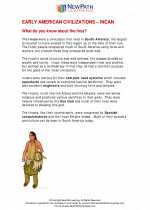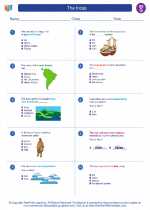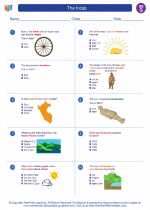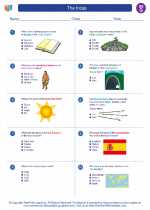Virginia: The Old Dominion
Geography
Virginia is located on the Atlantic Coast of the United States. It is bordered by Maryland to the north, the Atlantic Ocean to the east, North Carolina and Tennessee to the south, and West Virginia and Kentucky to the west. The state has diverse geography, including coastal plains, rolling hills, and the Blue Ridge Mountains.
History
Virginia was the site of the first permanent English settlement in North America at Jamestown in 1607. It played a pivotal role in the American Revolutionary War and was home to many of the Founding Fathers, including George Washington, Thomas Jefferson, and James Madison. Virginia also seceded from the Union and was a prominent Confederate state during the Civil War.
Government
Virginia's government is based on a democratic republic, with a governor as the chief executive and a bicameral General Assembly. The state has a rich political history and has been a key battleground in many national elections.
Economy
Virginia's economy is diverse, with significant contributions from industries such as agriculture, technology, defense, and tourism. The state is home to major technology companies and has a strong military presence, including the world's largest naval base in Norfolk.
Cultural Significance
Virginia has a rich cultural heritage, including the influence of Native American tribes, the legacy of slavery and the Civil Rights Movement, and a thriving arts and music scene. The state is also known for its historic sites, including Colonial Williamsburg, Monticello, and Mount Vernon.
Study Guide
Here are some key points to remember when studying Virginia:
- What was the first permanent English settlement in North America and when was it established?
- Which major historical figures were associated with Virginia?
- What are the major geographical features of Virginia?
- What industries contribute to Virginia's economy?
- What are some of the key cultural influences in Virginia?
[Virginia] Related Worksheets and Study Guides:
.◂Social Studies Worksheets and Study Guides Seventh Grade. The Incas

 Worksheet/Answer key
Worksheet/Answer key
 Worksheet/Answer key
Worksheet/Answer key
 Worksheet/Answer key
Worksheet/Answer key
